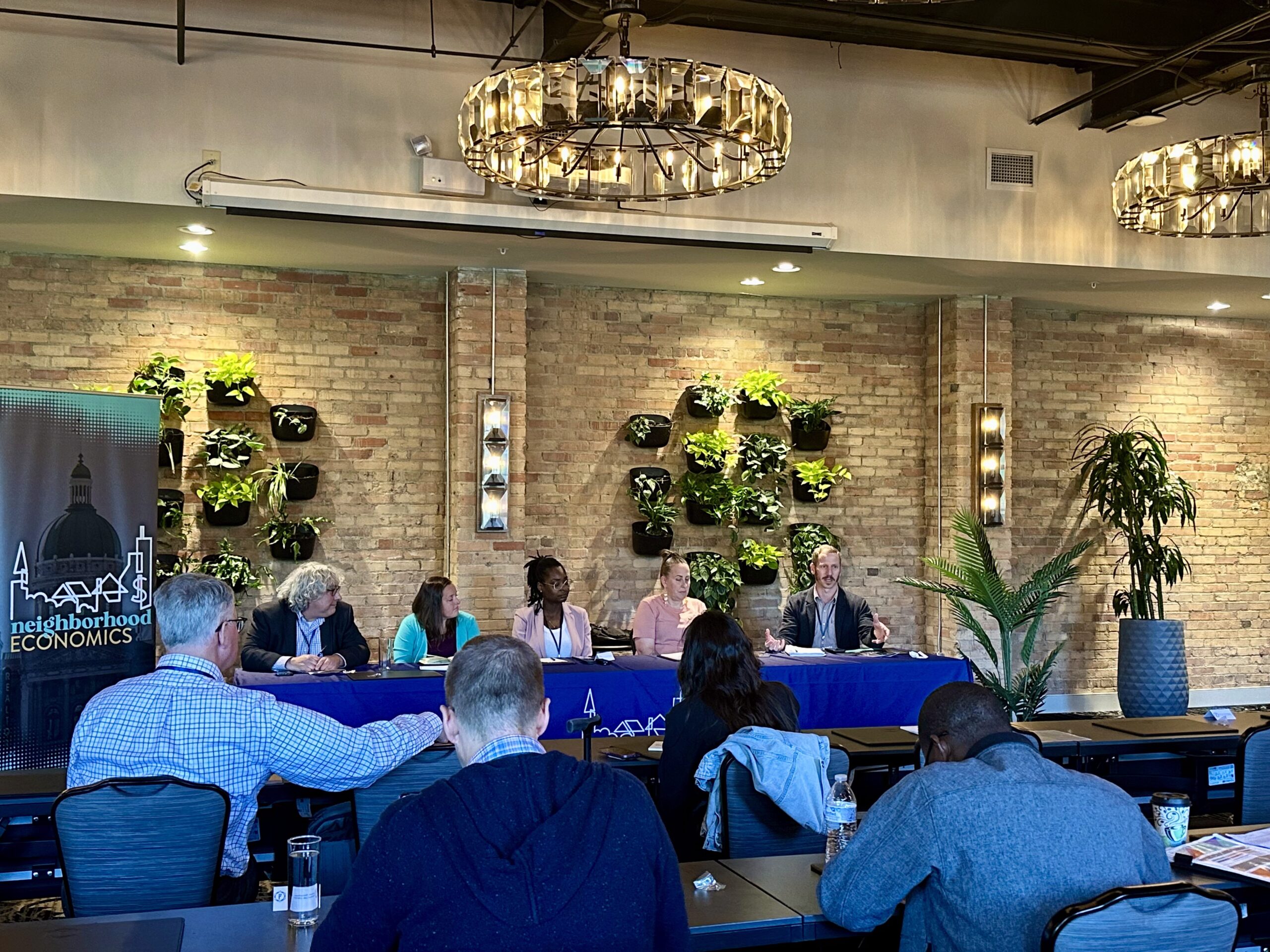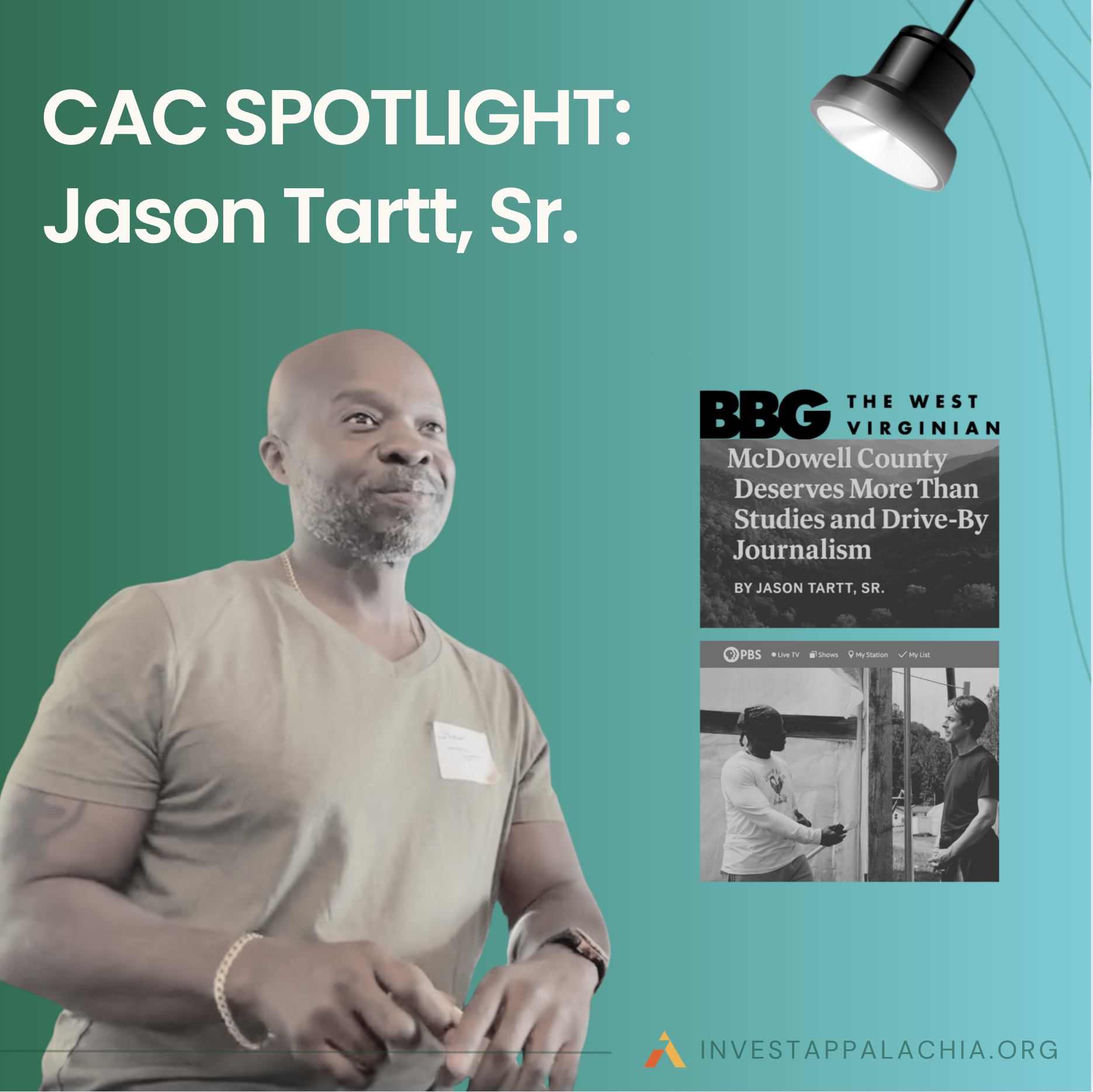At the recent Neighborhood Economics conference in Asheville, Invest Appalachia CEO Andrew Crosson joined panels of exceptional changemakers working to build more just and inclusive economic systems.
One local leader shared a striking story: a client who had done everything right—navigated complex systems, met every requirement, and finally secured the financing needed to grow his business. But when it came time to pick up the check, he hesitated. He wasn’t scared because he doubted his business plan, but because he doubted his understanding of the financial systems around him.
It was a powerful reminder that access to capital isn’t the only barrier. Confidence in using it, rooted in financial literacy, is just as essential.
Again and again, over two days of conversation and connection, the message was clear: if we want equitable, thriving local economies, we have to invest in financial literacy alongside financial tools.
A recent study from the National Financial Educators Council found that over 40% of American adults cannot pass a basic financial literacy test.
For Central Appalachian business owners and community builders, financial literacy can mean the difference between struggling to stay afloat and building a long-term, resilient vision for the future.
Whether you’re running a small business, piloting a new idea, or managing a community initiative, sharpening your financial knowledge can help you make smarter decisions, access capital, and feel more confident navigating growth.
Big Ideas for Small Business offers a practical guide to key financial literacy concepts that any business owner should know.
For more in-depth information, The Small Business Association (SBA) provides a wide array of free resources, from startup checklists to detailed planning tools. Their guide to funding your business walks readers through various types of capital, including grants, loans, and investor funding.
For a truly comprehensive view of free and low-cost financial literacy resources, visit West Virginia University’s Center for Financial Literacy.
They even spotlight programming for kids because it’s never too early to start building smart money habits.
- Jumpstart
- FoolProof
- NextGen Personal Finance
- FDIC
- EVERFI – free for WV schools thanks to BB&T
- Youfouryouth
Not sure if these resources are for you? Take a quick financial literacy quiz to see where your knowledge stands. It only takes a few minutes and can help you find the right starting point.



